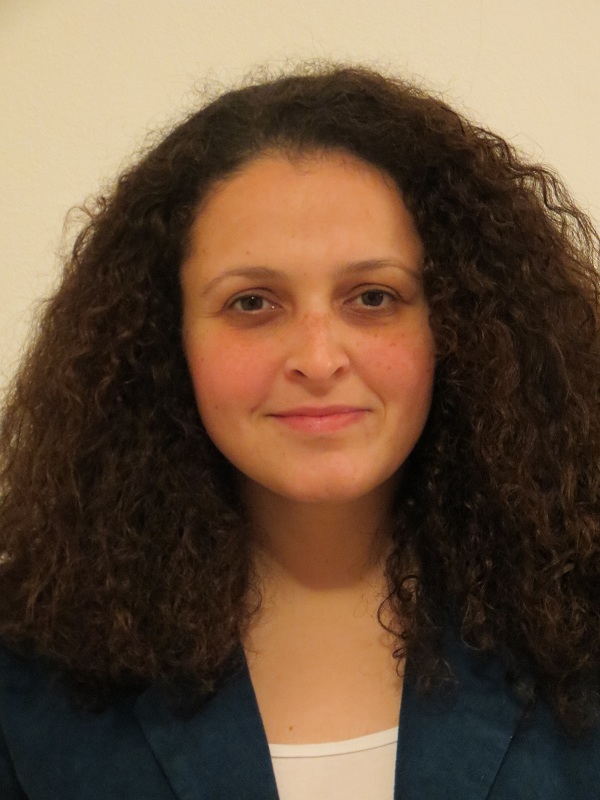By John Bradshaw and Michael Newton
WASHINGTON, DC: With General Radko Mladić now in the dock in The Hague to face charges stemming from the atrocities committed by troops under his command during the Bosnian War, the contrast with events in Southern Sudan could not be more appalling. Sudan’s government, led by President Omar Hassan Ahmad Al-Bashir, has taken a page from its Darfur playbook by waging war once again on civilians and their property, this time attacking the disputed border region of Abyei on the eve of South Sudan’s legal secession next month.
This is the same Bashir who is currently charged with genocide by the International Criminal Court. And it is the same set of Sudanese officials who received plaudits from diplomats for the agreement that purported to end Sudan’s two-decade North-South civil war, and for publicly committing to abide by the ruling of the Permanent Court of Arbitration on the territorial dispute in Abyei.
In Abyei, Bashir’s regime planned and conducted a pogrom that can be characterized only as a premeditated act of ethnic cleansing intended to rid the city of ethnic Ngok Dinka and replace them with members of the northern-aligned Misseriya ethnic group. Eyewitnesses report that whole villages were razed, civilians shelled indiscriminately, and children left dead by the roadside (with some reportedly eaten by lions when fleeing).
One man called his brother in Abyei and heard a man answer the phone and tell him, “We killed your brother.” Between 60,000 and 150,000 refugees fled for their lives, leaving behind their meager possessions. They are the lucky ones. Bashir’s forces destroyed the only bridge linking Abyei to areas of safety, in effect trapping the remaining population and impeding the safe return of those who had fled.
Unlike in previous cases of attacks on civilians by Bashir’s regime, this time we don’t need to wait for fragmentary reports from the ground to piece together what happened. We have satellite imagery that shows what happened almost in real time. The Satellite Sentinel Project (SSP), initiated by George Clooney and the Enough Project, has provided irrefutable and nearly immediate evidence of this new wave of crimes committed against the civilian population in and around Abyei.
The DigitalGlobe satellite images of destruction are horrifyingly similar to what we have seen too many times in the past in Sudan. No government or international organization can plausibly plead ignorance or misinformation in the face of the photographic evidence available online and in the SSP report prepared by the Harvard Humanitarian Initiative. The imagery in the report shows the presence of at least ten Sudan Armed Forces battle tanks, mobile artillery pieces, and infantry fighting vehicles in Abyei. Analysis of the images also reveals that up to one-third of civilian structures in Abyei have been burned, and corroborates reports that tens of thousands of civilians have been misplaced.
There is no conceivable basis under the laws and customs of war for the deliberate razing of civilian homes and the theft or destruction of supplies provided by the generosity of other governments to help the population meet its urgent needs. And there is no scope for arguing that the allegations are based on fragmented reports or were simply fabricated; in Abyei, the facts are so clear that there can be no pretext for inaction.
The United Nations Security Council should now exercise its Chapter VII authority to mandate an independent team of international experts that can assess the evidence of crimes committed in Abyei and preserve the testimony of witnesses before the Sudanese Government can silence them. If Bashir, who has been indicted by the ICC for war crimes, crimes against humanity, and genocide in Darfur, is indeed responsible for the assault on Abyei, that fact alone should compel all states to agree to expand the tribunal’s ongoing investigation to encompass crimes committed in Abyei. Moreover, the northerners who “settled” in Abyei following the assault should be seen as complicit in the regime’s crimes rather than as peaceful civilians building a community.
Today, governments everywhere should apply the basic rule that we all learned in grade school: aggression against innocents cannot be rewarded. The war criminals who sit in the government in Khartoum have now lost all remaining pretense to moral authority. Indeed, the Bashir-led military’s behavior should create a worldwide outcry that forces the government to return illegally obtained personal property and to compensate its victims properly.
In the end, Abyei’s citizens enjoy the fundamental human right to determine freely their own destiny, even in the face of regime troops and tanks that continue to occupy Abyei. The people of Abyei have the right to choose to rebuild their shattered community under the newly independent Government of South Sudan, rather than being forced by diplomatic indecision to remain under the boot of Bashir’s army.
John C. Bradshaw is Executive Director of the Enough Project, an anti-genocide group in Washington, D.C. Michael A. Newton teaches law at Vanderbilt University Law School, and is a former Adviser to the US Ambassador at Large for War Crimes. This commentary is published by DAILY NEWS EGYPT in collaboration with Project Syndicate (www.project-syndicate.org).



